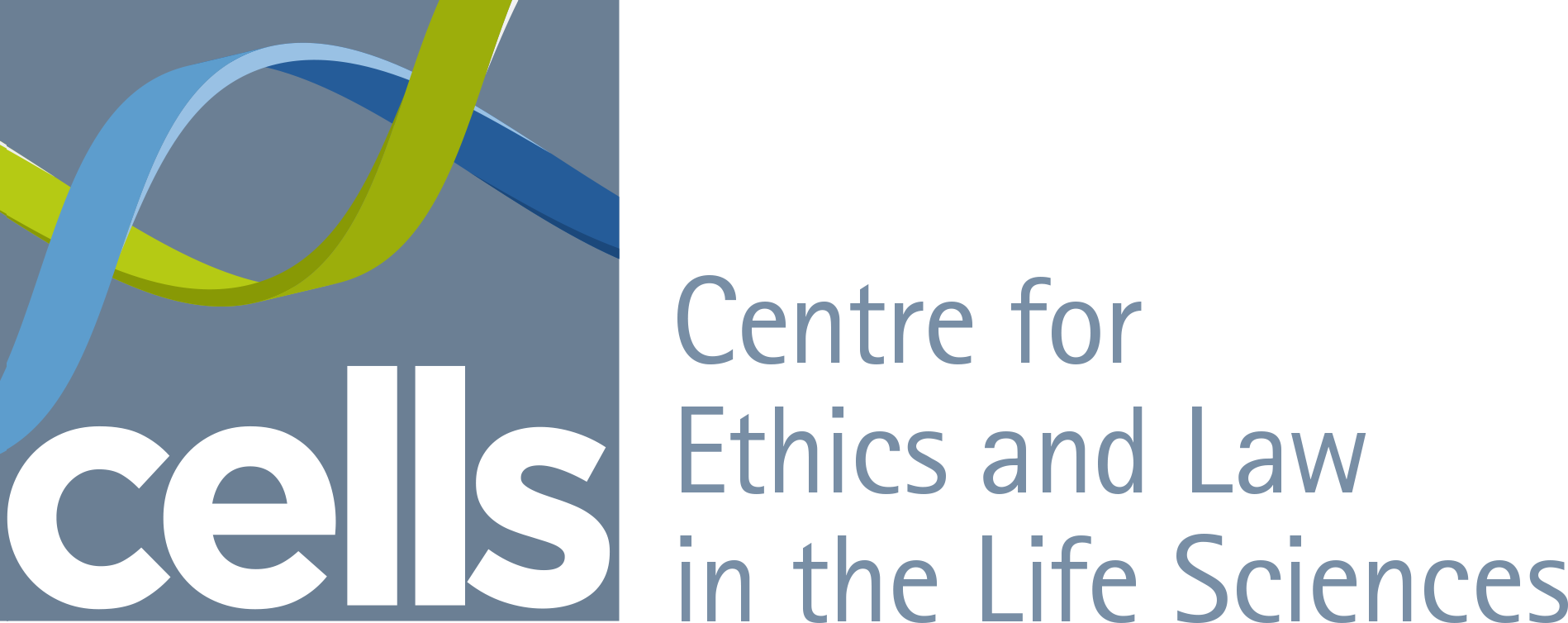Prof. Dr. Thomas Reydon


30159 Hannover


Main Focus
- Philosophy of Biology
- Theoretical Biology
- Philosophy of Science
- Evolutionary Theory
- Scientific Explanations
- Taxonomy and Classification
- Research Ethics and Good Academic Practice
Curriculum Vitae
-
Scientific Education
- 1999-2004
Assistant in Opleiding, Department of Theoretical Biology, Institute of Biology, Universiteit Leiden (NL)
- 2004-2005
Research Associate, Central Institution for the Philosophy and Ethics of Science (ZEWW), Leibniz Universität Hannover<b2006-2008> </b2006-2008>
- 2006-2008
Research Associate (DFG "own position"), Central Institution for the Philosophy and Ethics of Science (ZEWW), Leibniz Universität Hannover
- 2009
Research Associate, Central Institution for Philosophy of Science and Ethics of Science (ZEWW), Leibniz University Hannover
- 2009-2015
Junior Professor of Philosophy of Biology, Centre for Ethics and Law in the Life Sciences (CELLS) & Institute of Philosophy, Leibniz Universität Hannover015-2019
Professor of Philosophy of Biology, Centre for Ethics and Law in the Life Sciences (CELLS) Institute of Philosophy, Leibniz Universität Hannover
- since 2020
Professor of Philosophy of Science and Technology, Centre for Ethics and Law in the Life Sciences (CELLS) Institute of Philosophy, Leibniz Universität Hannover
-
Scientific Positions
- 1993
MSc (Physics), University Leiden (NL)
- 1997
MA Philosophy of Science, University Leiden (NL)
- 2005
PhD (philosophy of life sciences and theoretical biology), University Leiden (NL)
-
Memberships
- Society for Philosophy of Science (GWP) (Founding Member & Board of Directors)
- International Society for the History, Philosophy and Social Studies of Biology (ISHPSSB) (Board of Directors)
- Association for Philosophy of Science (PSA)
- European Philosophy of Science Association (EPSA)
- Linnean Society of London
